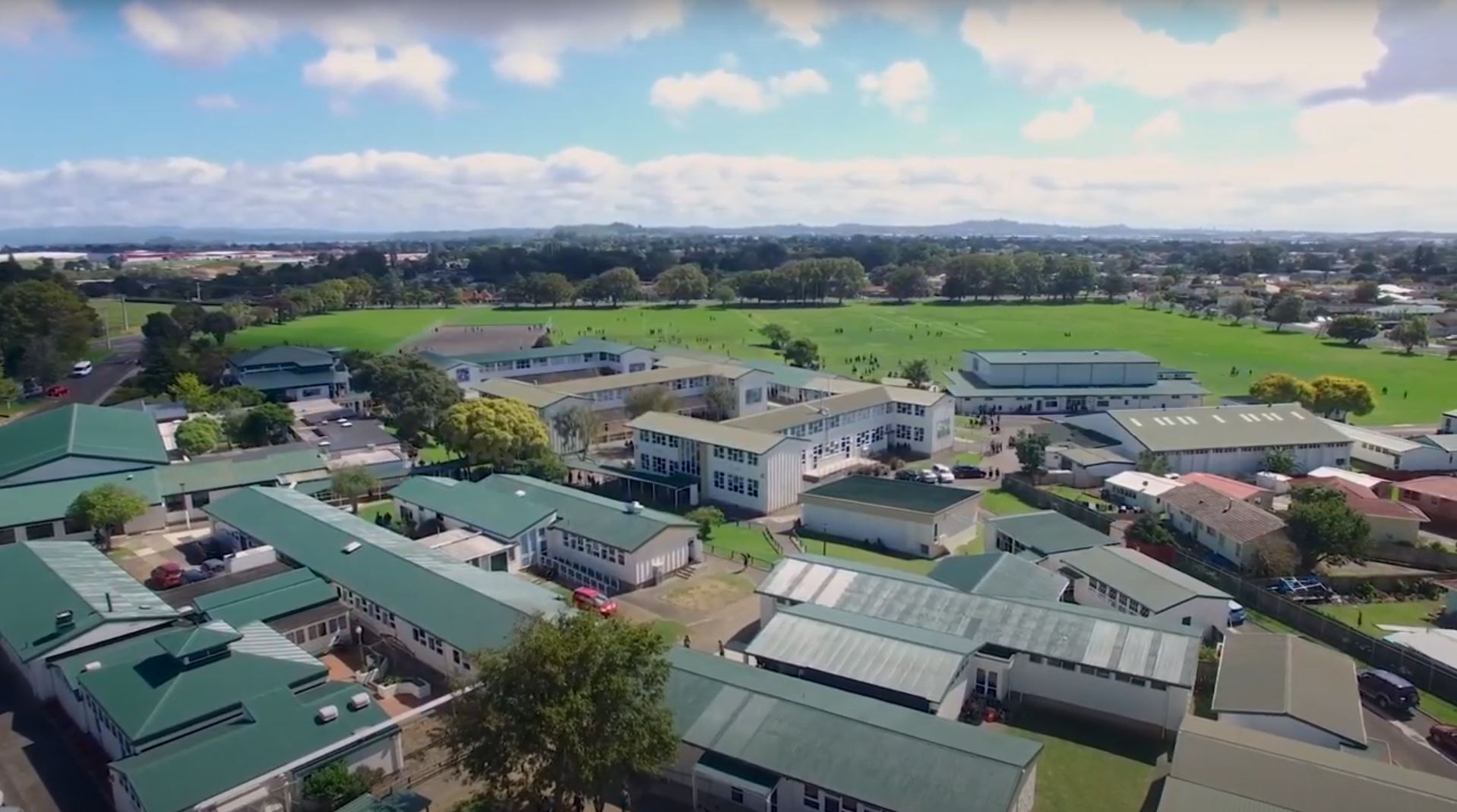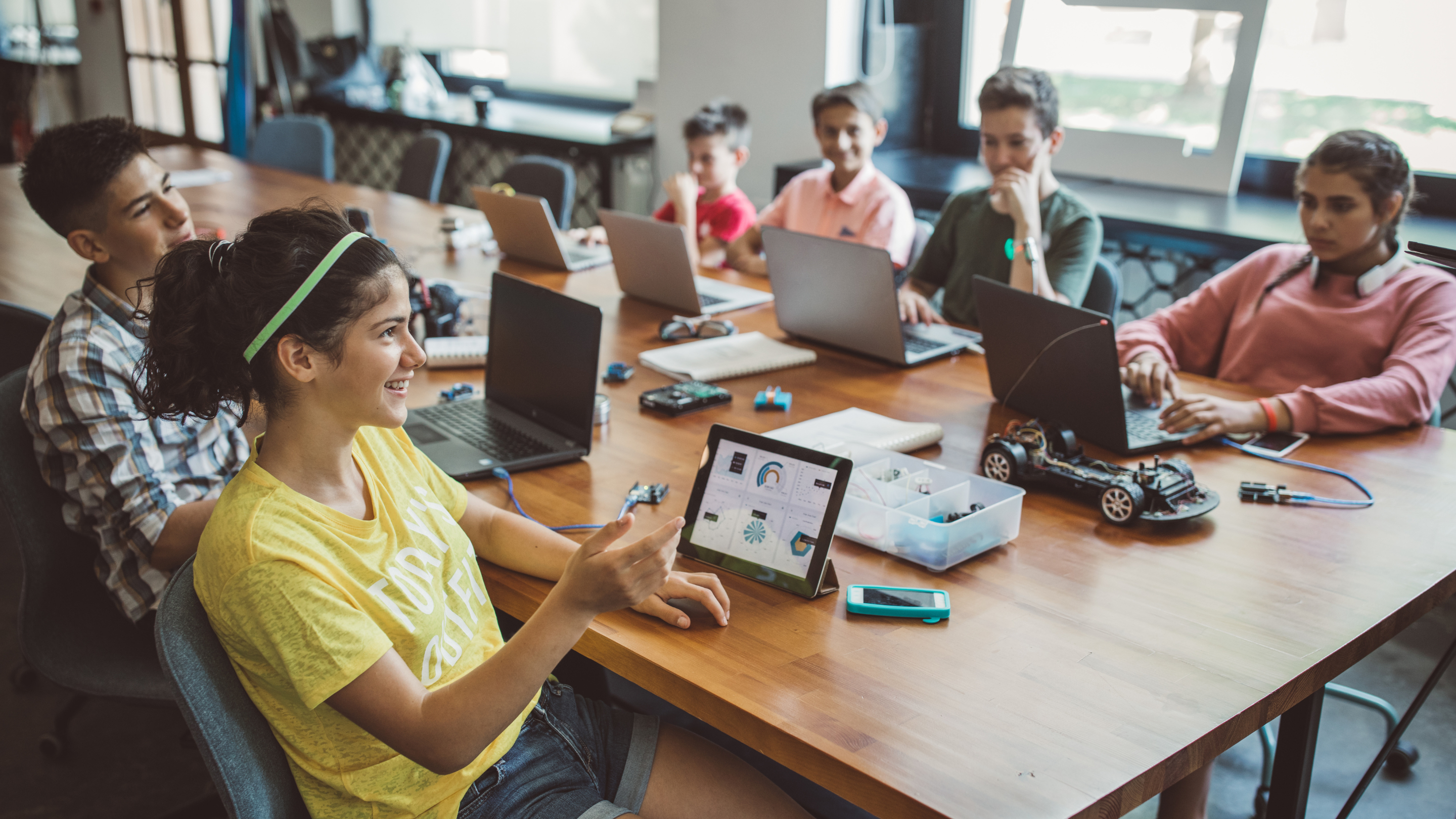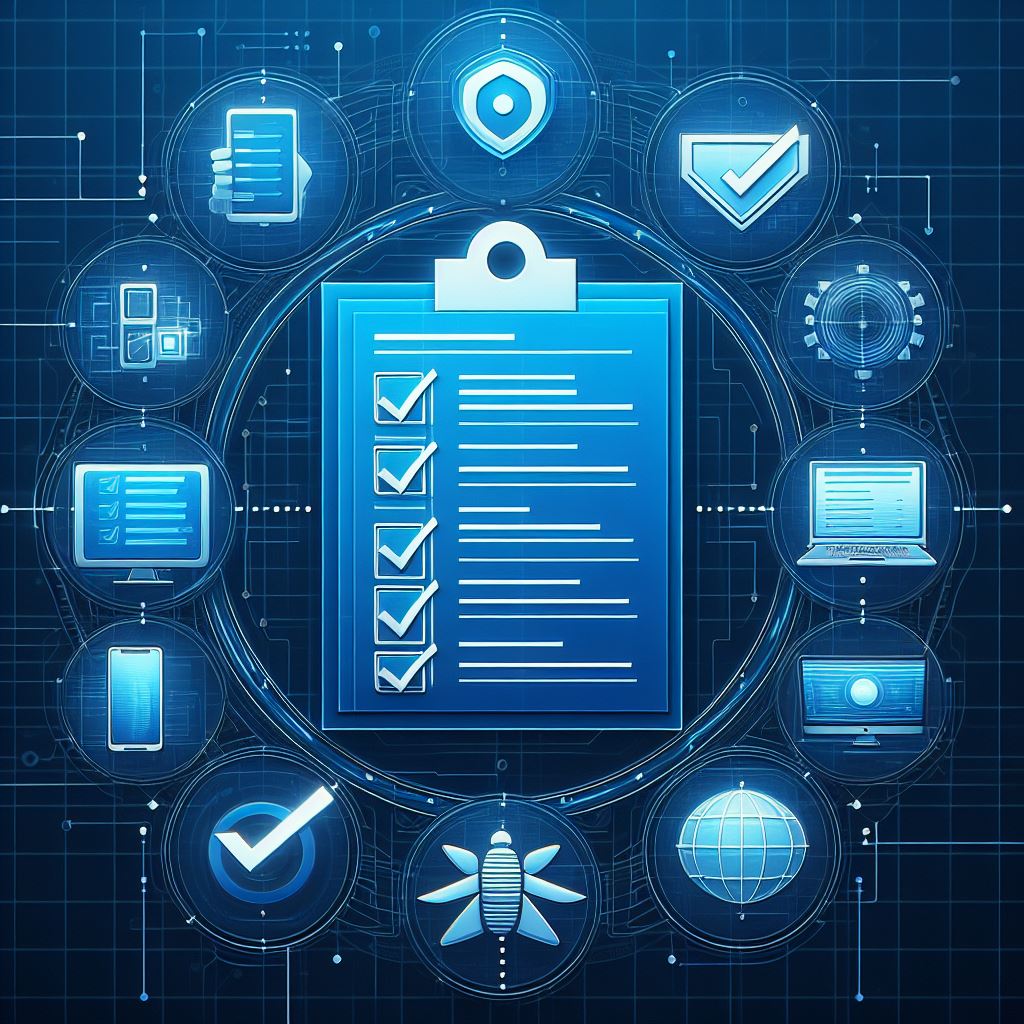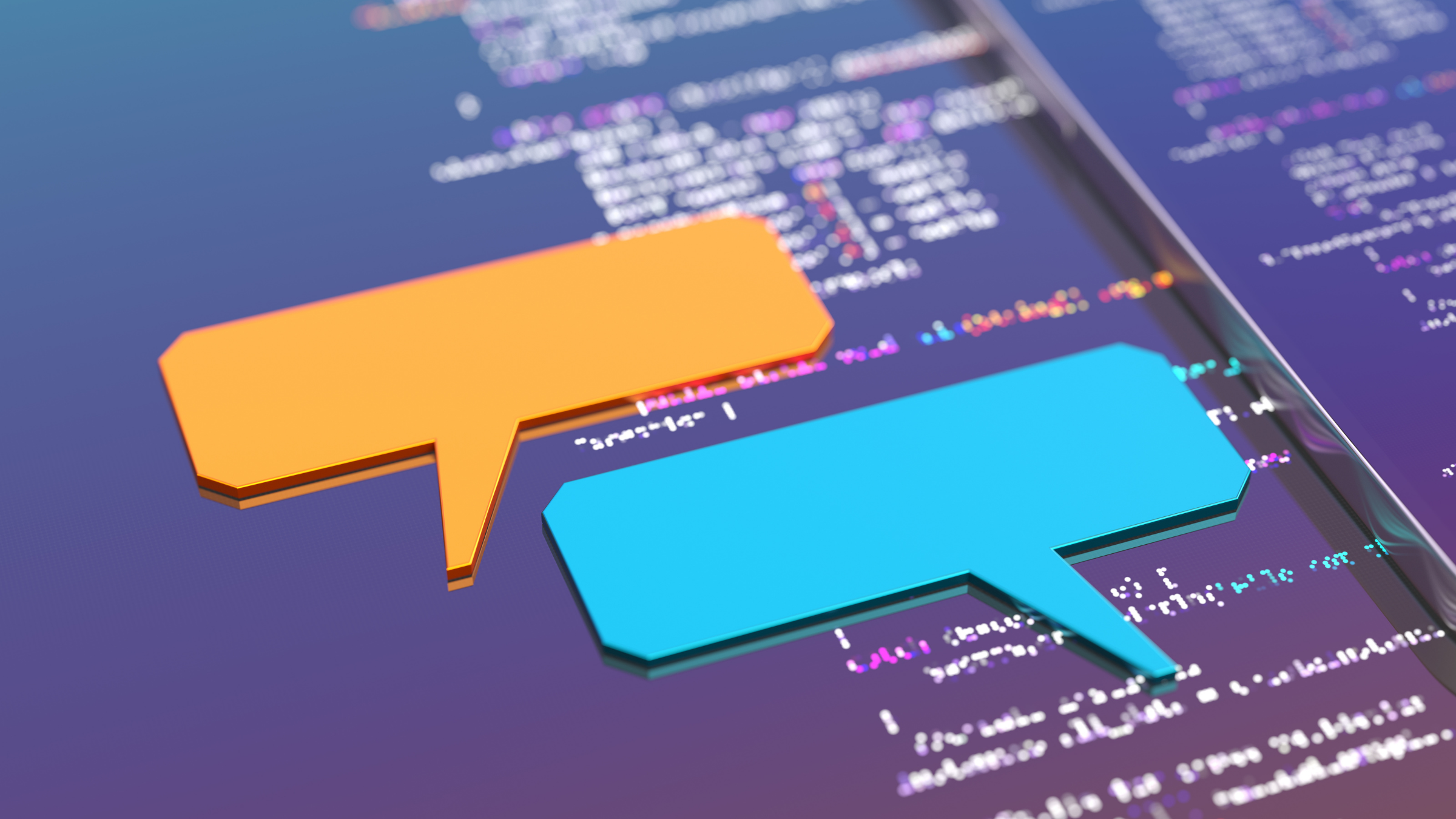Experienced leaders, vintners, and cheese-makers (three of my favourite things) have something in common: They all understand the importance of the concept of time.
The tension between the rise of technology, and humanity’s ability to make ethical and moral decisions on its use, is not a new concept to examine. In the last couple of decades, the benefits of genetic modification and engineering have been widely debated, with the idea of ‘cloning’ perhaps the most extreme endpoint to consider.
But now the lines between organic and inorganic chemistry and technology itself are starting to blur. With the rise of Artificial Intelligence, Machine Learning and the likes, our longstanding faith in the superior power of the human mind, and its ability to control the things that it creates is being questioned. What many years ago was considered science fiction, is now quickly becoming science fact – and so the cycle of life imitating art seems set to continue.
I believe there is some inevitability (unless of course, Trump blows up the world), in the growth of these technologies, and at least their initial use to assist with many everyday functions that we perform. With the accelerating use of personal data being collected to analyse our habits, preferences behaviour, next week’s grocery shop could be on the doorstep before we know we are running short – maybe even including some items that we didn’t even know we wanted yet.
Just because you can, doesn’t mean you should.
I believe that in our rush to get to the end goal, we are missing a crucial step: asking the fundamental question, “Just because we have the technology, does that necessarily mean that we should we use it?”. Undoubtedly, this is a massive question that impacts almost every facet of the modern world, so let’s narrow it down a bit. For the purposes of these musings, I would like to ask this question within the context of a young person’s developing mind within our education system. To narrow it down even further: Their physical brain development. I am no neurologist, but there are some basic understandings of the human brain that we can use to inform this discussion:
1. We are building “roads” from the moment we are born.
The neural connections in our brain get thicker and essentially stronger from the moment we are born through a process called myelination. The stimuli we experience through our senses inform the establishment of these connections and the resultant myelination. The more you experience (for good and bad) the stronger these connections get. As life progresses, we find they we take these “roads” by default and any moves to change the path we usually take can prove both difficult and time-consuming.
2. Use it or lose it.
As some “roads” dominate others, the unused roads start to wither and can, in fact, break altogether. Anyone who has gone back to study or do something they haven’t done in a long time knows the frustration that comes with trying to pick up where you left off a long time ago – it just doesn’t come as easy as it once did.
3. The brain only has a certain level of capacity.
As much as every parent may like their child to be a genius, this is by far and away the exception to normal development. Additionally, the development of genius has often been shown to come with detrimental consequences in the form of other underdeveloped skills, relative to age and population. It seems the capacity of our brain may be fairly even, it just gets filled with different ‘stuff’.
An environment for success
Can you optimise an environment for the best outcome? Yes – and you should. However, coming back to my original statement, some things just take time and it is dangerous to interfere with such processes as it can undermine everything – you run the risk of being left with vinegary wine and lacklustre cheese. Optimisation should never be mistaken for rushing, and efficiencies should never be at the expense of the end results.
In theory, if we all stuck to our New Year resolutions and the advice given to us by self-help experts, we could create the optimal environment in which to function; mind, body and spirit – right? Our lives would be healthier, more efficient, faster, better… all the time. All the time? Really? I’m not so sure. I think that without time to process, without time to let things bed-down, without time to analyse and grow from both success and failure, we would soon be off-balance in mind, body and spirit, and back to square one.
There’s value in the journey
I think that we need to create environments that allow our students to be able to choose what they want to do based on preference and outcome. Environments that aren’t limiting because we rushed to set them up. Again, good things (and great outcomes) take time.
If complimentary technology is available to assist with creating these environments (and believe me it is!), then, by all means, try it, use it, learn from it, but remember you don’t have to use it all at once!
Can you wait too long? For sure. But the whole point of this article is to encourage you to stop and think. Recently I have been working with a number of schools who have taken the opportunity to do just that. After initially rushing into various programmes ranging from Chromebook deployment to inking and BYOD, they have stepped back for a moment to try to better understand the link between the technology itself, and the outcomes they have witnessed vs. the goals that drove their adoption in the first place. Post-implementation, where are their students now at, and is the environment right for them?
It can be hard to consider all of these things when the day-to-day running of a school consists of so many operational details, but as leaders within your schools, you must take time to pause and reflect. The growth of technology and it’s permeation into all aspects of our lives is not slowing down, and as such the boundaries will become even more blurred. You lose the essence of things when you rush to adopt them and (to be a little corny) miss the journey for the destination. Besides, when it comes to IT, that solid destination point never really exists – it just keeps shifting further into the future.
Would you play Chopin at double speed? Would that Merlot or aged cheddar taste as good if you halved its maturation? Just because we can, should we? Let New Era IT assist you to set up and support the environment that allows you the time to make the choices you want, in the time you want. Using the correct background integration services, providing you with technology that matches your desired outcomes, being ready with the right services to save you time and money down the track.

 Australia
Australia Canada
Canada LATAM
LATAM UAE
UAE United Kingdom
United Kingdom United States
United States




